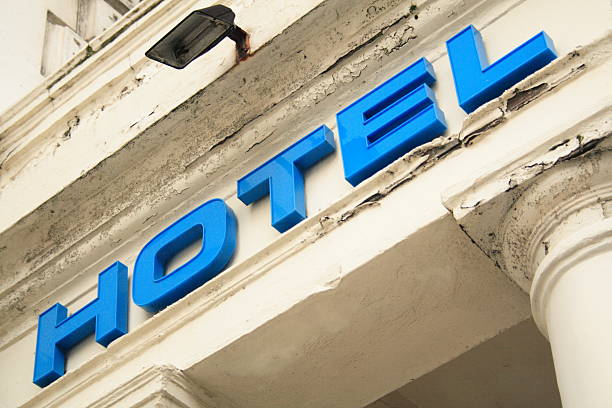
Building a hotel brand that will last the test of time is a challenge for any brand, especially as guests’ needs are always changing. Major chains respond to the unpredictable nature of this market by introducing “soft brands” that could potentially offer more tailored services.
In just one year, major hotel companies have launched two new soft-brand collections – Tapestry Collection by Hilton in January and Trademark Hotel Collection by Wyndham in June.
These soft brands may appear to offer hotel guests an “edgy” experience; still, in fact, they are designed to appeal to owners of hotels who are interested in management agreements but aren’t satisfied with the “cheese factor” offered by major chains. The major chains have a great opportunity to take market share away from the independent hotels, which is a highly profitable segment.
The big hotel chains pretend to be smaller chains. Pauline Frommer is the editorial director at Frommer’s Travel Guides. This dizzying array is a great way to hide. The vast majority of people will not keep track.”
What is a Brand?
But, it is a property with a niche-specific identity that offers all the benefits of a big brand, such as sleek booking systems, a loyalty program for customers, and precise front- and back-of-house operations.
Does it stack up?
Soft brands, while always being under the parent company, are more adept at revenue management, customer rewards programs, sales, and marketing via worldwide distribution platforms than independent hotels. They can do this because they are able to leverage the standardization of big brands, which allows for more security and stability.
This security comes with a price tag in the form of franchise, base, and incentive fees, as well as stringent design, construction, and brand standards.
What does HTML0 mean for independent hotels?
Soft brands will continue to be the focus in APAC, with an estimated 70% of hotels outside America unbranded. InterContinental Hotels Group and Pro-invest Group have already signed the first Even Hotels contract in Australasia. In Auckland, New Zealand, the deal will mark the global debut of the soft wellness brand outside North America.
Multiple groups competing for the same customers with the same products and services is a threat to major chain soft brands.
Travelers today are looking for a sense of community and place in their hotel. This could be through embracing local foods and wines, attending local events, or immersing themselves in the culture of the area.
Independent hotels have the advantage in this area. Suppose the major chains are able to avoid over-proliferation and provide the same sense of connectivity that independent hotels do so well. In that case, non-traditional platforms like Airbnb should not be the biggest concern for independent hoteliers. Instead, they should worry about the soft brands of major chain companies.





